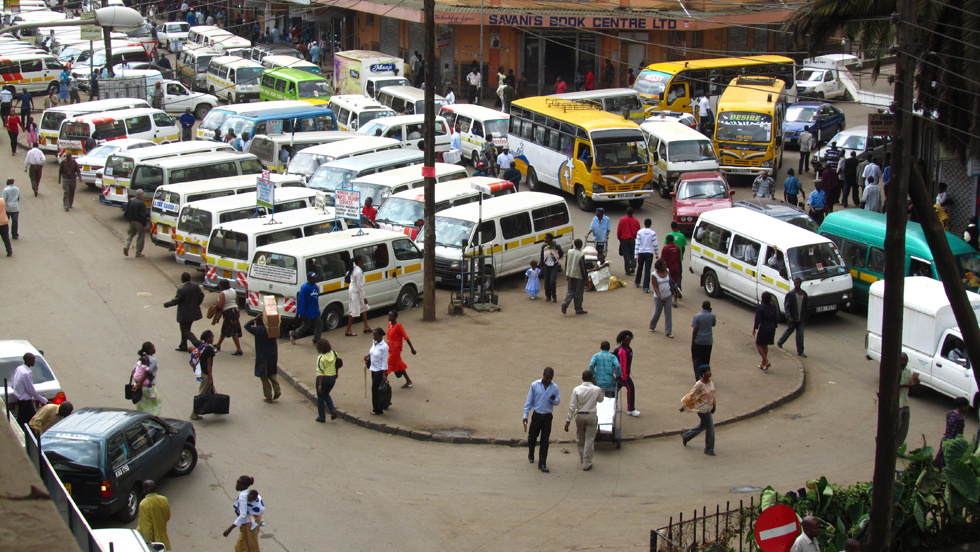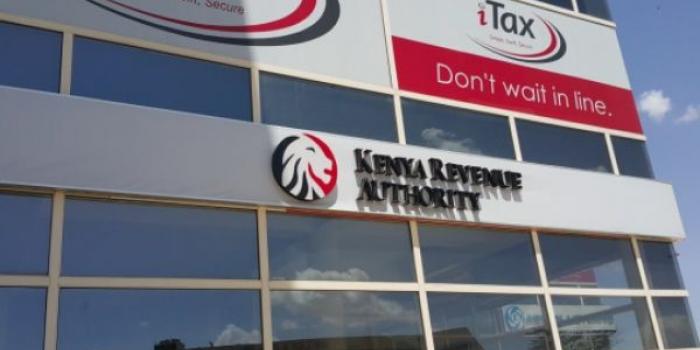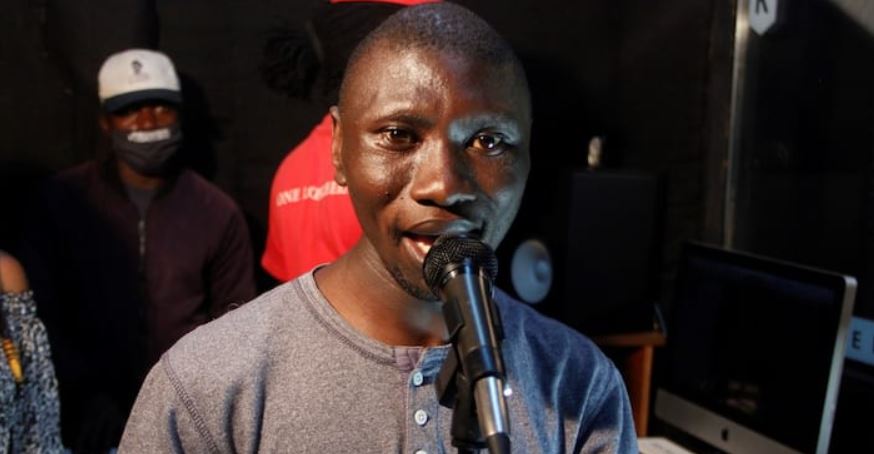As steep rises in fuel prices prevail, Nairobians have been hit hard on the pocket after matatu operators began hiking fares on June 20 in response to the soaring oil prices, which has placed severe pressure on their operating margins.
With the most recent fuel increase of Ksh9 per litre of super, petrol, and diesel to retail at a staggering Ksh159.12, Ksh140, and Ksh127.94, respectively, in the capital Nairobi, commuters are forced to tighten their belts a little bit more as the matatu industry players continue to feel the pinch at the pump.
Matatus plying routes like Waiyaki Way and Mombasa Road have already increased their fares by Ksh10 to Ksh30.
According to the Matatu Owners Association (MOA) and the Federation of Public Transport Sector lobby, commuters have to endure the price hikes to breathe life into the sector that has been operating at a loss, especially when Covid-19 had struck.
“The federation hereby resolves that with effect from Monday, June 20, 2022, fares payable on public transport vehicles countrywide shall be adjusted upwards by 20 percent,” said lobby chairman Edwins Mukabanah.
Treasury Cabinet Secretary Ukur Yatani said that the climb in oil prices is one of the knock-on effects of the Russian-Ukrainian invasion that has accelerated the international price of crude oil and it is expected to stay at an elevated level for the duration of the war.
“From the onset of the Russia-Ukraine War, there has been elevated volatility and uncertainty in the international oil markets given that Russia is the third-largest oil exporter in the world, commanding 11 percent of the global market share. This has resulted in significant increases in fuel prices in recent months to levels not seen since 2008, with an increase of more than 50 percent between December 2021 and May 2022, thus gravely impacting the cost of living,” Yatani said.
The cost of the fuel subsidy could eventually surpass its allocation in the National Budget, thus potentially escalating public debt to unsustainable levels and disrupting the Government’s plans to reduce the rate of debt accumulation. For this reason, a gradual adjustment in domestic fuel prices will be necessary in order to progressively eliminate the need for the fuel subsidy, possibly within the next financial year,” the CS added.
The turbocharged fuel prices are also a factor in the shoot in Kenya’s inflation rate to 7.1% in May from the previous 6.5% in April, hitting a 27-month high.









